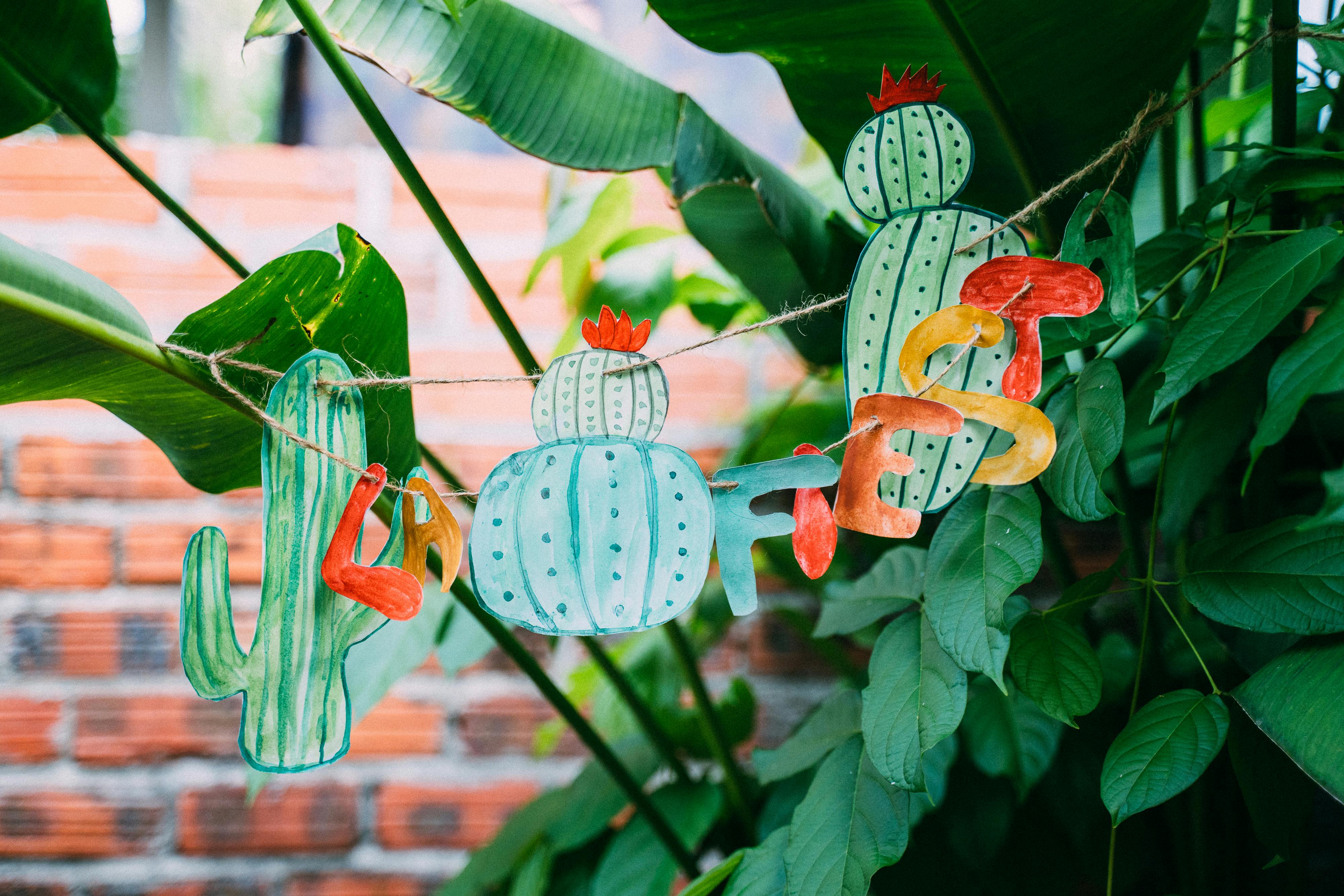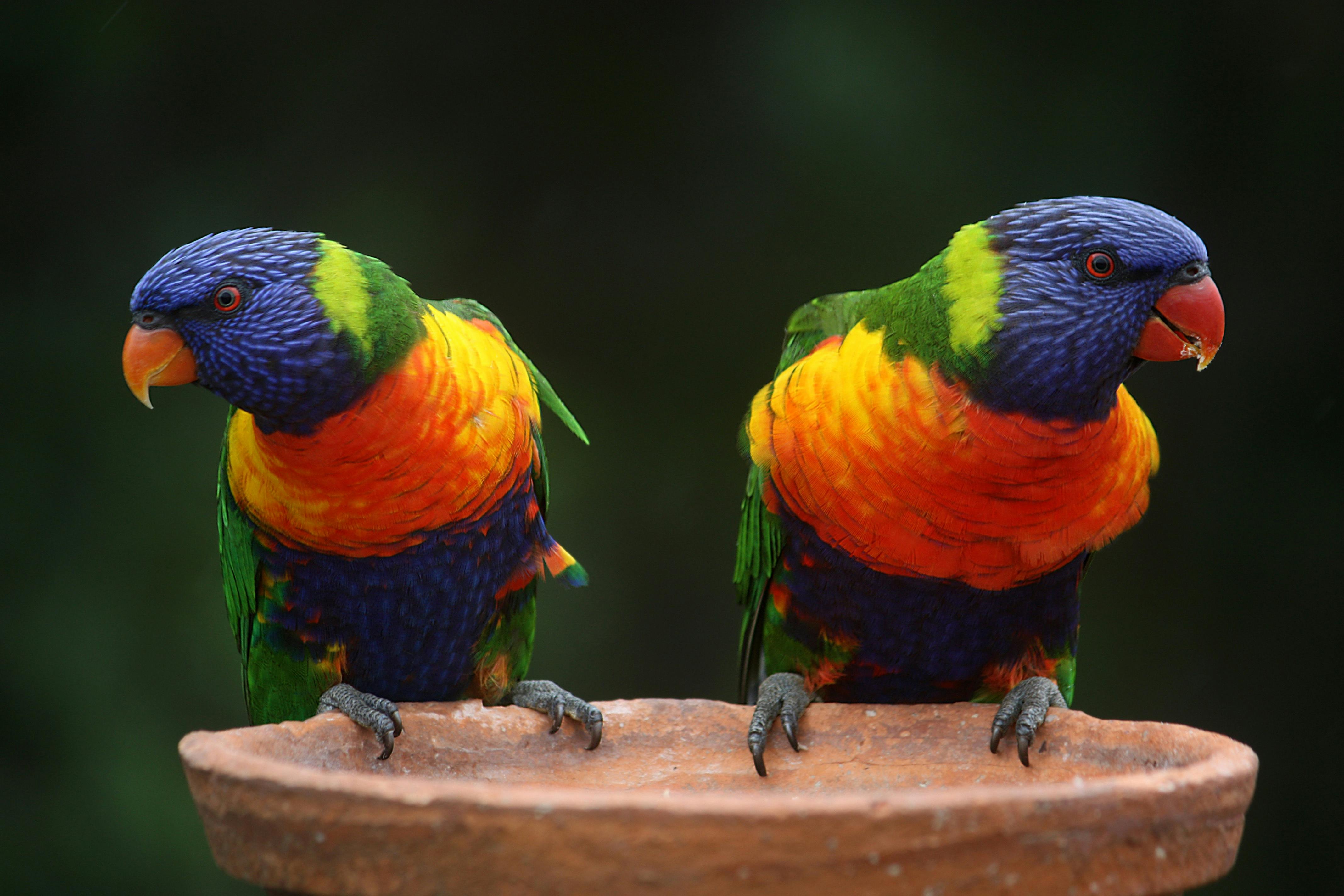Essential Guide to Rabbit Gestation Period in 2025
Understanding the rabbit gestation period is essential for any rabbit enthusiast or breeder looking to expand their rabbitry. The rabbit pregnancy duration varies significantly between breeds and can influence the care you provide before and after the birthing process. This guide delves into the intricacies of rabbit gestation, covering everything from signs of pregnancy to the optimal breeding age for rabbits.
With rabbits being such popular companion animals, insights into their breeding cycles and reproductive health can help ensure the wellbeing of both the mother and her offspring. This article will explore crucial topics like the rabbit birthing process, caring for pregnant rabbits, and managing newborns. By the end, you’ll feel confident in your ability to support your rabbits through their gestation period, ensuring healthy kits are brought into the world.
Key takeaways include understanding rabbit pregnancy signs, the gestation timeline for rabbits, and best practices in caring for rabbit kits. With this knowledge, you can create a healthy environment that fosters the growth of healthy rabbits.
Understanding the Rabbit Breeding Cycle
Before diving into the rabbit gestation stages, it’s vital to grasp the overall rabbit breeding cycle. Rabbits are known for their quick reproductive abilities, which can often lead to surprises for unprepared breeders. The cycle begins with the introduction of a male rabbit to a female, where successful mating can occur very quickly due to their induced ovulation process.
Rabbit Breeding Habits
The breeding habits of rabbits include frequent mating behaviors that can be mistaken for aggression or territorial displays. It's essential to distinguish between these behaviors to facilitate proper breeding practices. Following successful mating, the gestation period commences.
Signs of Heat in Female Rabbits
Recognizing when a female rabbit is in heat is crucial for effective breeding. Signs include restlessness, increased vocalization, and mounting behavior. Additionally, a female's receptive period usually lasts around 12 hours, providing a narrow window for breeding to occur.
Finding the Optimal Breeding Age for Rabbits
The optimal breeding age for rabbits typically falls between 5 to 6 months. At this time, the rabbit's reproductive system is fully developed, and they are more likely to conceive and carry a litter successfully. However, responsible breeders should consider health assessments and behavioral factors before proceeding.
Challenges in Breeding Rabbits
Breeding rabbits presents a unique set of challenges, including issues with fertility, pregnancy complications, and managing breeding records. Understanding these challenges is vital to avoid common breeding mistakes and ensure the health of both the mother and her young.
Rabbit Gestation Stages
The rabbit gestation period lasts approximately 28 to 32 days, depending on the breed. This time frame is crucial for the development of the embryos and preparing for birth. It’s essential to understand the various stages of rabbit fetal development to provide proper care throughout the gestation process.
Rabbit Pregnancy Duration
The duration of rabbit pregnancy is remarkably short compared to many other mammals. During the initial stages, fertilized eggs implant in the uterine wall, and significant hormonal changes occur. Breeders should pay close attention to these changes to ensure that they provide the best prenatal care possible.
Rabbit Fetal Development
Rabbit fetal development occurs rapidly within the gestation period. Initially, embryos grow and develop organs, with internal structures forming by the end of the second week. Throughout this time, the mother’s health plays a crucial role in ensuring healthy fetal development.
Common Rabbit Gestation Changes
During rabbit pregnancy, physical and behavioral changes occur in the mother. Notable signs include weight gain, increased appetite, and changes in nesting behavior. Understanding these changes can help in identifying pregnant rabbits and preparing for their needs.
Signs of Labor in Rabbits
As the rabbit approaches labor, several signs may indicate that kits are on the way. These include seeking quietness, digging in bedding materials, and expressing discomfort. Recognizing these signs enables breeders to provide a safe and comfortable environment for the birthing process.
Caring for Pregnant Rabbits
Caring for pregnant rabbits involves more than just monitoring their physical health. Providing a stress-free environment is essential for the wellbeing of the mother and her young. A clean and safe space can significantly impact the health of both the rabbit and her kits.
Feeding Pregnant Rabbits
Nutrition is a critical aspect of rabbit care during pregnancy. Pregnant rabbits require a balanced diet rich in fiber and nutrients to support the healthy development of their kits. Adjusting their diet to include high-quality hay and fresh greens is essential for their health and that of the unborn rabbits.
Rabbit Prenatal Care
Rabbit prenatal care should also encompass regular health assessments. Veterinarians can provide crucial insights into maintaining a healthy pregnancy and alleviating concerns such as overbreeding and stress management. It is vital to stay on top of any potential health issues that may arise during pregnancy.
Rabbit Behavior Modifications During Pregnancy
Behavioral changes in pregnant rabbits are common as hormonal shifts affect their mood and habits. Understanding these modifications can help owners adapt their care routines accordingly and offer additional support during this critical period.
Managing the Rabbit Birthing Process
Once labor begins, managing the rabbit birthing process is of utmost importance. Creating a secure and clean space allows the mother to give birth without disturbances. Familiarizing oneself with rabbit birthing environments can help ensure a smoother process.
Understanding Postnatal Care for Rabbits
After the kits are born, postnatal care becomes critical. Supporting the mother through nursing and managing the needs of newborns ensures the survival and health of the litter.
Caring for Rabbit Kits
Handling newborn rabbits requires a gentle and careful approach. Kits are often born hairless, blind, and completely dependent on their mother. They will rely on her for warmth and nutrition during their initial weeks of life.
Rabbit Nursing Care
Rabbit nursing care involves providing the mother with ample nutrition to support milk production. Should any complications arise, consulting a veterinarian for advice is crucial.
Rabbit Young Development
As kits grow, they will begin developing their fur, opening their eyes, and exploring their environment. This stage is significant for their learning and socialization. Providing a safe and engaging space for kits encourages healthy rabbit development.
Identifying Healthy Breeding Practices
Understanding the breeding practices that promote the health of both the mother and the kits is essential. Keeping detailed breeding records and health assessments can help identify the best practices for successful rabbit breeding, minimizing the risks associated with complications and providing a suitable environment throughout the process.

Common Complications in Rabbit Pregnancy
Even with the best care, complications may arise during rabbit pregnancy. Understanding these challenges can help prepare breeders for potential issues, allowing them to seek veterinary assistance promptly.
Recognizing Normal vs Abnormal Rabbit Births
Normal births typically progress without complications, while an abnormal birth may include prolonged labor, excessive bleeding, or distressed behaviors in the mother. Being able to identify these differences gives breeders the ability to react quickly in crises.
Managing Stress in Pregnant Rabbits
Stress can adversely impact a rabbit's health during pregnancy. Understanding environmental factors that contribute to stress allows owners to create calming habitats that support both the mother and her kits.
Veterinary Support for Breeding Rabbits
Partnering with a veterinarian throughout the breeding process is invaluable. Professional support can address health issues of the mother rabbit and provide emergency care when necessary, ensuring the best outcomes for all involved.
The Role of the Male Rabbit During Pregnancy
Interestingly, the male rabbit's role extends beyond mating; he can also aid in the rabbit breeding cycle by providing companionship and support. Understanding how male behavior influences the female can foster a harmonious environment for pregnancy.

Conclusion and Final Thoughts
The rabbit gestation period is a fascinating experience that enlightens us about rabbit reproduction and the responsibilities involved in rabbitry management. By understanding the nuances of rabbit pregnancy, breeders can empower themselves with the knowledge needed to provide exceptional care throughout the gestation timeline for rabbits.
As you embark on your rabbit breeding journey, always remember that your ultimate goal is the health and happiness of both the mother and her kits. With proper prenatal care, an understanding of behavioral changes, and attention to postnatal needs, you can create a thriving environment for all rabbits involved.
For those keen on expanding their rabbit knowledge, consider exploring further topics related to rabbit breeding tips and managing rabbit health during pregnancy.
